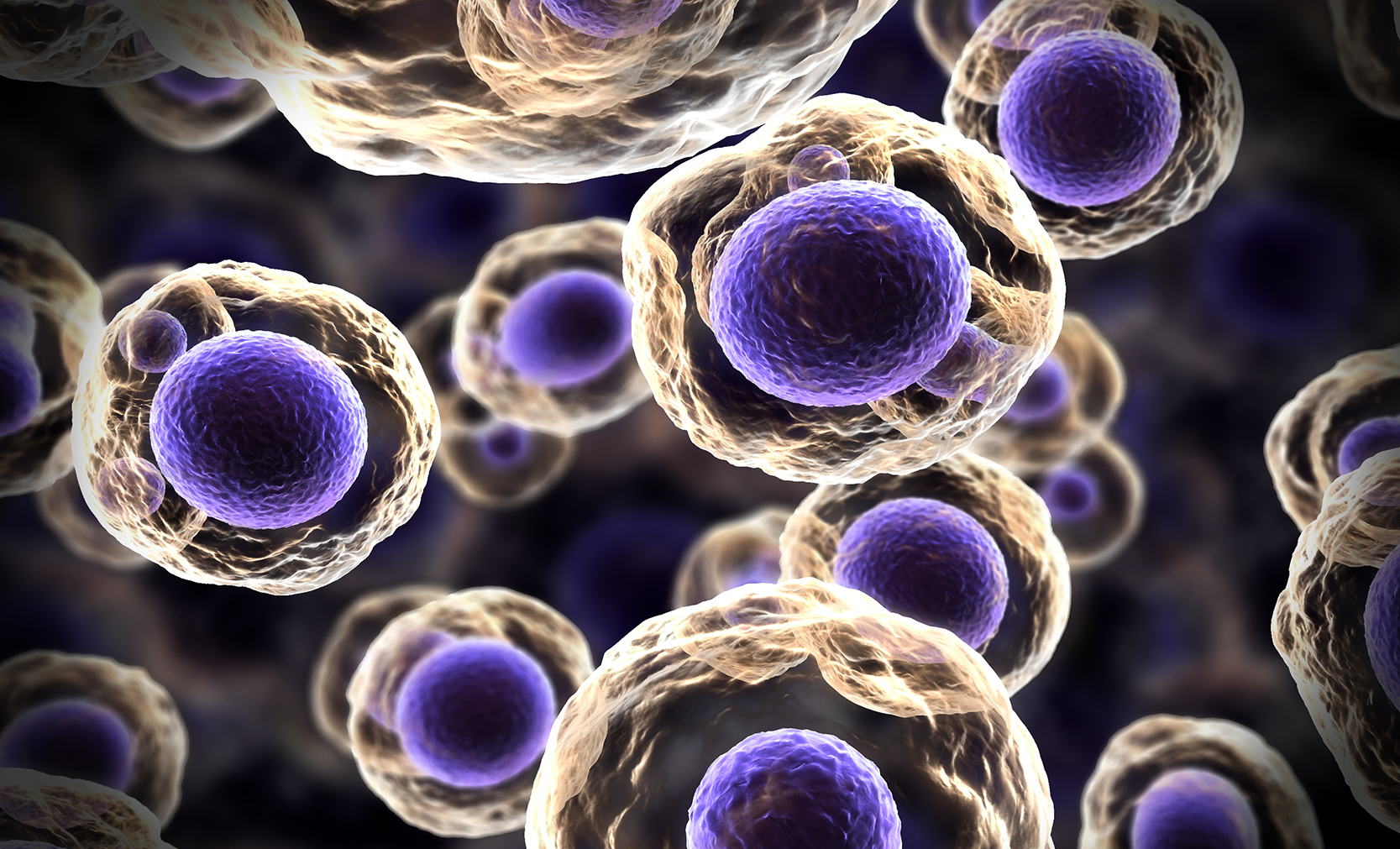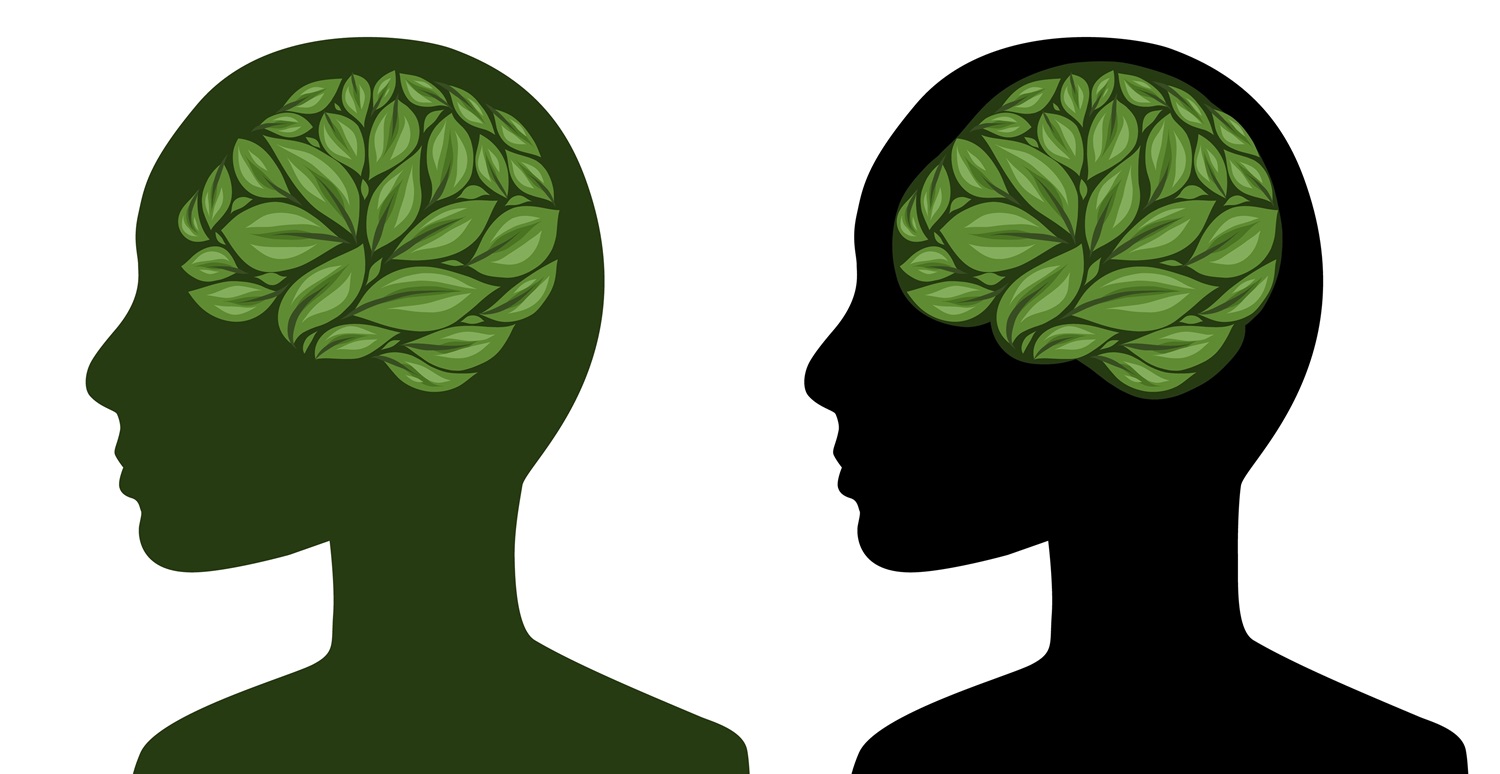Screening for health risks is a good thing, right? If we know what is happening early on, we can prevent trouble later. But it is not that black-and-white, suggests health communication scientist Bob Mulder (Social Sciences), among others, in a review article. ‘Weigh up the situation carefully before starting a screening, because there will definitely be downsides.’
‘Screening for health risks has both positive and negative consequences at multiple levels and for multiple target groups,’ says Mulder. ‘That’s why you should assess the quality and value of the outcome beforehand. More knowledge is not always pleasant, because you can’t necessarily do anything with that knowledge.’
What is healthy?
We like to think in extremes — illness is bad, healthy is good — explains Mulder. ‘But sometimes it’s not clear what sick or healthy is exactly, because health is a social construct; we give meaning to this word ourselves. It’s a sliding scale. We decide together what we consider an acceptable level of symptoms – anything below that is healthy, everything above is an illness.’
Of course, in some cases it’s very clear: a heart attack, or late-stage cancer, means you’re sick. ‘But suppose you have a biomarker that is predictive for high blood pressure, or a genetic predisposition for a certain condition, things we have only recently become able to screen for. What is this phase called?’ Before, we weren’t aware of these intermediate stages because we didn’t have the knowledge. ‘Our view of disease and health, what we consider normal, changes because of advances in medical technology, which includes screening methods.’
Risk of risk tests
In the review, which has PhD candidate Sammie Jansen (RIVM and WUR Philosophy department) as the lead author, the scientists discuss eight themes relating to health tests in general rather than one particular disease. In addition to the obvious privacy risks of health tests – because the more we know, the more data we collect and store, with the inevitable risks – there are also technical limitations to testing. Mulder: ‘Think of the false positives or false negatives that affect treatment options. In a false positive, you are doing more harm than good when treating that person. The same applies to a false negative when you fail to treat them.’
By normalizing tests, you get questions such as: ‘Didn’t you do a test? Couldn’t you have aborted it?’
Bob Mulder, health communication scientist at Social Sciences
Screening also has an impact on an emotional level, Mulder says. ‘People who get tested feel uncertain or experience stress or anxiety about the disease’s progress. In the early stages of cancer, the body can sometimes get rid of the malignant cells spontaneously. If you measure indicators of disease at that time, all the alarm bells go off, while it’s not always necessary. It immediately creates distress and worry, including for your loved ones.’
Because screening also impacts the family and friends of the people getting tested. ‘Because they live in the same neighbourhood, grew up in the same family or even share the same genes, the outcome is also significant for them. It can lead to tensions within families: some people might deliberately choose not to get tested. If a brother or sister then does get tested, are you allowed to talk about it at family gatherings?’
Infringement of autonomy
‘By making health screening available, but not mandatory, you normalize it, making it something people are expected to do. This encroaches on people’s responsibility and autonomy.’ A good example of this is the NIPT, says Mulder. This prenatal test allows you to check during pregnancy if the baby has Down’s Syndrome, for example. ‘Sometimes, parents of children with disabilities are told: Didn’t you do a test? Couldn’t you have aborted it?’
‘With this article, we want to make policy-makers and physicians who develop screening methods reflect on what they are doing,’ says Mulder. ‘They should realize that technology also has a social impact, that introducing new technology changes the meaning of things. We like measuring the hard impact of disease and health, such as the chances of survival after a few years when undergoing a certain treatment. We should be aware of the social impact — that people are looked at differently if they decide not to do an NIPT when it is offered to them.’

 Photo Pixabay
Photo Pixabay 

